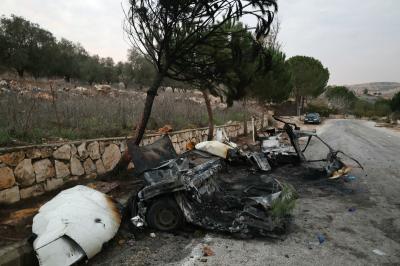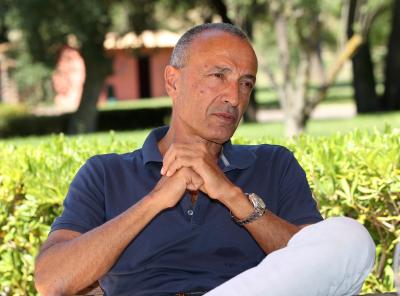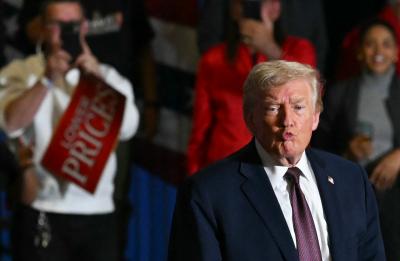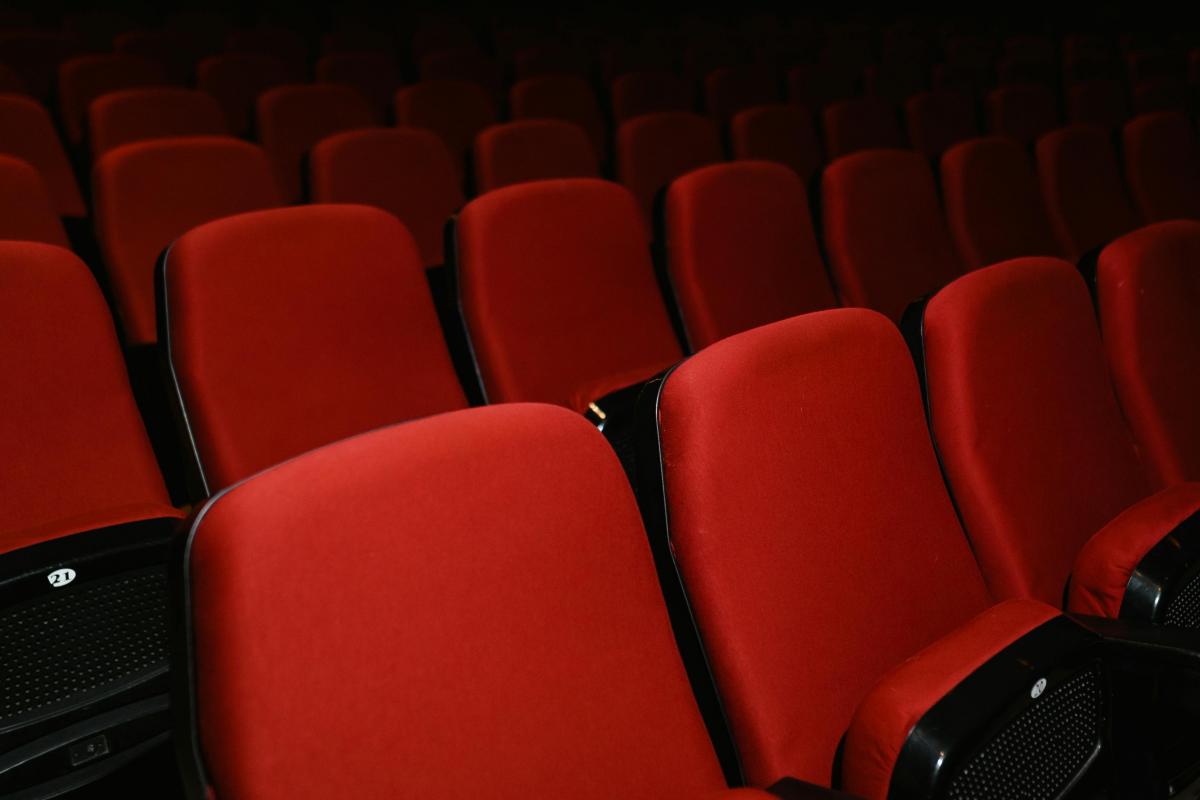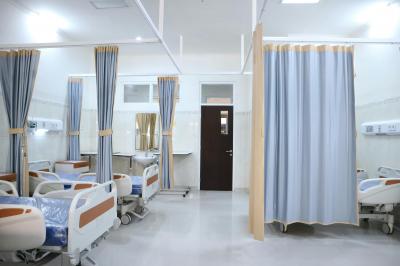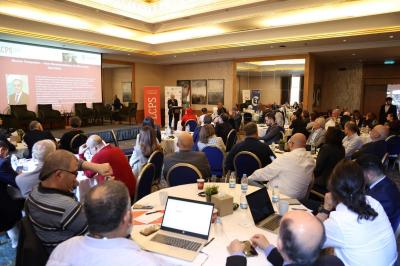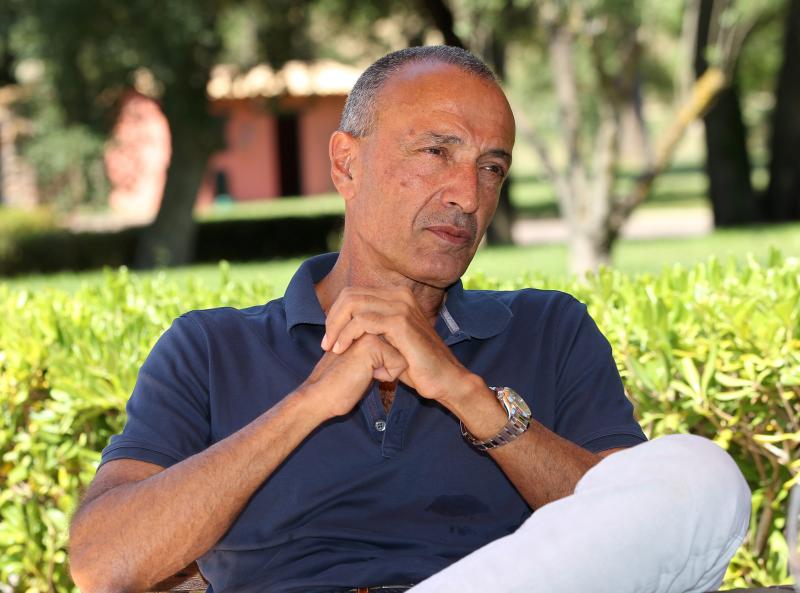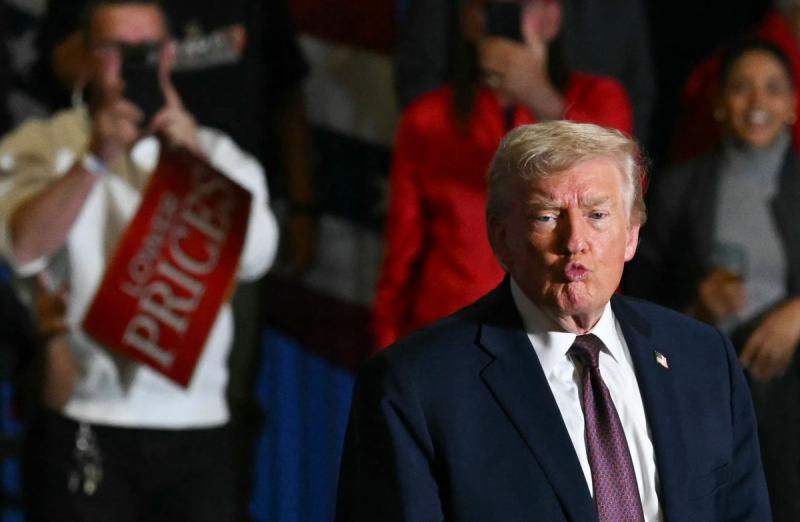In a groundbreaking move on Lebanon’s cultural scene, Monot Theatre has announced the launch of a new project that enables people with visual impairments to experience a full theatrical performance through live audio description technology and pre-show tactile tours — part of an ongoing operational program rather than a one-time event.
A Fully Sensory Experience
Under this initiative, visually impaired audience members receive wireless headsets that allow them to follow a live narration describing movement, gestures, sets, and scene changes, without interrupting the actors’ original dialogue. Before the performance begins, participants are guided on a tactile tour of the stage to explore costumes, props, and set pieces, helping them build a complete brain image of the production.
Upon arrival, the audience also receives concise orientation materials prepared in collaboration with the production team to facilitate interaction and ensure a smooth, inclusive experience.
Toward Genuine Cultural Inclusion
The initiative falls within a broader effort to make arts and culture accessible to all segments of society. Audio description will become a permanent service featured in select shows throughout the season. In a later phase, the theatre plans to introduce sign language interpretation from specific points within the hall, expanding inclusion to also encompass deaf and hard-of-hearing audiences.
Observers have described this as “the first initiative of its kind in Lebanon,” given that the use of audio description technology is being implemented within a regularly operating theatre, not just in pilot projects or limited-access events.
A Step Toward Fairer Theatre Access
The project also represents a structural change in how audience flow and performance logistics are organized. It requires a team of trained specialists capable of providing real-time commentary according to internationally recognized protocols — ensuring that descriptions remain neutral and effective, without disrupting the overall experience for other attendees.
This development reflects the growing shift among Lebanese cultural venues toward accessibility and cultural justice, at a time when many art institutions are struggling with shrinking traditional audiences and seeking to engage new, more diverse, and interactive publics.
Global Models of Inclusion
Audio description in theatre is already a well-established practice in several European countries and the United States, where major institutions such as the National Theatre in London and the Sydney Opera House have integrated it into their regular programming. Today, such practices are viewed as part of a global shift toward cultural equity, recognizing that participation in the arts is no longer a privilege but a universal human right, regardless of physical or sensory ability.
Expert Perspectives
Dr. Fadi Najm, an expert in cultural policy, described Monot Theatre’s move as “a transition from access as an exception to access as the rule — precisely what Lebanese cultural institutions need today.”
He added: “This initiative is not only humanitarian but also economically and culturally strategic, as it opens the doors to an entirely new audience and restores art to its broad social purpose.”
Najm further noted: “If major theatres and cultural centers adopt this model, Lebanon could become a regional pioneer in inclusive theatre within just a few years.”
Culture as a Space for Hope and Equality
Monot Theatre’s initiative is more than a technical upgrade — it marks a shift in the philosophy of cultural work toward greater inclusion and equality. In a country facing deep economic and social challenges, the project proves that culture can still serve as a space for integration, hope, and social justice.
Please post your comments on:
[email protected]
 Politics
Politics
